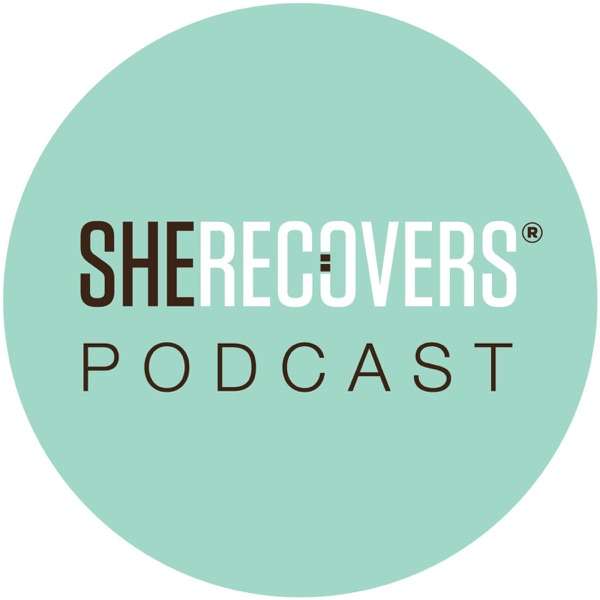In this episode we will be discussing the following:
Part 1 - Common language learning myths
Part 2 –The best way to learn a new language
Part 3 – Different perspectives (Past, Present, Future)
Remember that you can access the complete written transcripts for each podcast at learningenglishfaster.com.
Hi everyone, my name is David, and it is my goal to help you learn English faster. Learning to speak English is easier than you think, you just need to use the correct learning methods. Remember that you can access the complete written transcripts for each podcast at learningenglishfaster.com.
In this episode we will be discussing the following:
Part 1 - Common language learning myths
Part 2 –The best way to learn a new language
Part 3 – Different perspectives (Past, Present, Future)
Part 1 - Common language learning myths:
Myth #1: The first myth that I would like to address is the common belief that you must have some special natural ability to learn a new language. This is simply false, even intelligence is a very poor indicator of how well someone can learn a new language. It really comes down to two things: method and practice. In other words, you need to use the correct learning methods and you need to practice on a very regular basis.
Myth #2: The second myth I would like to confront is that belief that only children can learn a second language. Children do have some advantages over adults. Children do not have pre-existing pronunciation and grammatical habits that interfere with their language learning. Also, children are exposed to countless hours of the language that they are learning. In addition, they are not afraid to make mistakes. However, when adults are determined to practice a language consistently and use the best learning methods, they can learn just as fast or even faster than a child.
Myth #3: Another myth is that immersion is the best way to learn a language. From personal experience, I can tell you without any doubt at all that this is not true. You do get really good at saying common phrases like “good morning” and “have a good day,” but you don’t really get to practice the language. In addition, it is usually easy to get by without speaking in the language you are trying to learn. For example, it is not uncommon to find people who have lived in the United States for more than twenty years and still do not speak English.
Myth #4: Another complete myth is that you can learn a language in weeks or months. Anyone trying to tell you that you will be able to speak fluently in days, weeks, or even months is obviously trying to sell you something. You can greatly reduce the time it takes to learn a new language by 1) using the correct learning methods and 2) getting regular practice. However, even with the best techniques and regular practice, it will take most people years to truly become fluent in any language.
Part 2 –The best way to learn a new language:
The very best and by best, I mean fastest way to learn how to speak a new language is by listening to it on a very regular basis. After you have developed a basic vocabulary of the most common words in a language the next step is to listen, listen, and listen some more. The more you listen, the more your mind will get used to common phrases and verbal patterns. You do not need to know 20,000 words to speak fluently in another language. For starters, you should focus on learning the very most common 250 to 500 words. This is your basic vocabulary and can be achieved quickly using free online resources such as duolingo.com or even with good old-fashion flash cards.
---
Support this podcast:
https://anchor.fm/david-raczynski/support
 Our TOPPODCAST Picks
Our TOPPODCAST Picks  Stay Connected
Stay Connected







